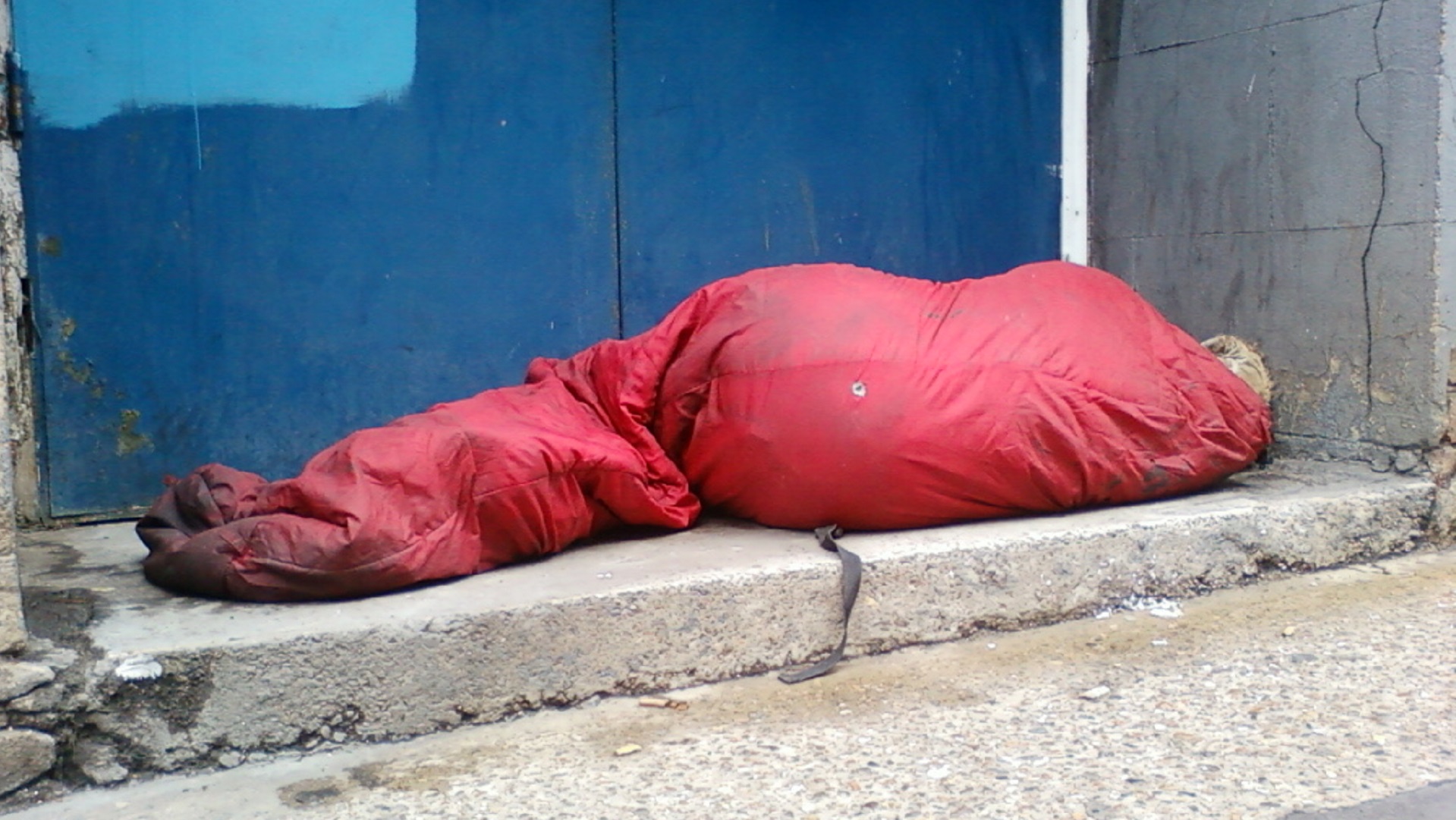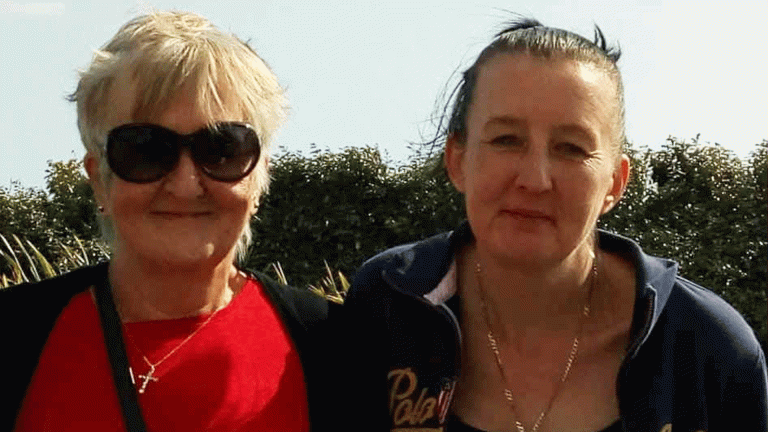Douglas said: “These are concerning warning signs and must not be ignored.
“We know homelessness is not a static issue and these statistics show that there is a still a flow of people coming to the streets.
“And as the economy and employment market falters, the end of the eviction ban approaches, and without a commitment to extend the uplift in Universal Credit there are many more people facing a very real threat of losing their homes who could become part of this picture in the future.”
What we’re seeing daily is just the tip of the iceberg
Youth homelessness charities have warned young people are “slipping through the cracks” after the figures showed one in 10 rough sleepers in London is aged under 25.
Centrepoint and New Horizons Youth Centre said the number of 16 to -25-year-olds sleeping rough has risen for the third consecutive quarter from 287 people in 2019 to 300 at the same time this year.
“It is heart-breaking that the pandemic continues to drive young people onto the streets,” said Phil Kerry, New Horizons chief executive.
Advertising helps fund Big Issue’s mission to end poverty
“What we’re seeing daily is just the tip of the iceberg. We’re enormously concerned about the hundreds of young people slipping through cracks in current provision.
“The impact of rough sleeping on young people’s lives is enormous, and so the investment needed for youth-specific solutions is relatively small.”
Earlier this month, Housing Secretary Robert Jenrick called on councils to “redouble efforts” to protect rough sleepers through the latest national Covid-19 lockdown, offering an additional £10 million in funding.
Centrepoint’s head of public affairs Paul Noblet said the latest CHAIN figures show the Government should adopt the same approach as the Everyone In scheme in March and bring young people into emergency accommodation to protect them from the pandemic.
Noblet said: “At the start of the pandemic the government stepped up and invested in local service to get everyone in. That was the right call then, and it’s the right call now.
“Regional mayors, local councils, and charities want to provide age-appropriate accommodation for rough sleepers but to do that we need ministers to dip into the coffers again to keep everyone safe whilst vaccines are rolled out.”
Advertising helps fund Big Issue’s mission to end poverty
The CHAIN figures also reveal that former prisoners made up a large proportion of London rough sleepers between October and December.
A total of 820 ex-offenders were counted in the period, up from 706 between July and September, as the Government unveiled new England-wide investment to prevent prisoners from being released onto the streets on Friday.
Prisons and Probation Minister Lucy Frazer announced the Government will spend more than £20 million to temporarily house prison leavers in basic hostels for 12 weeks.
South East Cambridgeshire MP Frazer said: “Releasing prisoners without addressing why they ended up there in the first place, only leads them to reoffend and cause more harm.
“By tackling homelessness, we are cutting crime, reducing drug and alcohol misuse and making our streets safer. This low-cost solution has the potential to save billions for the taxpayer and prevent thousands of people becoming victims.”
Advertising helps fund Big Issue’s mission to end poverty










